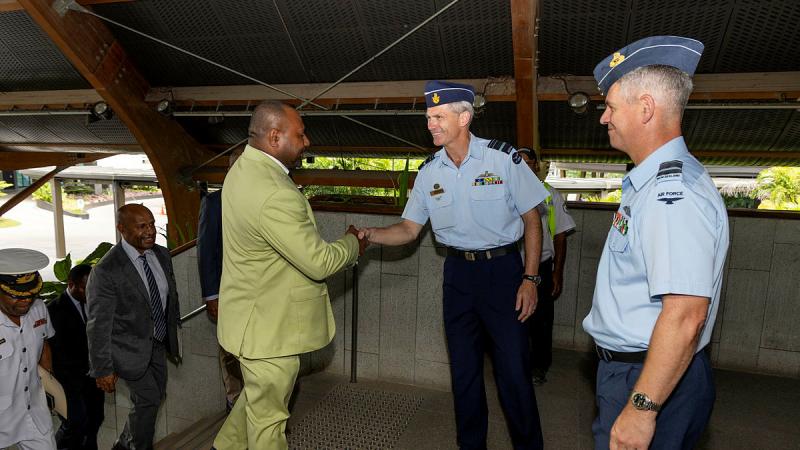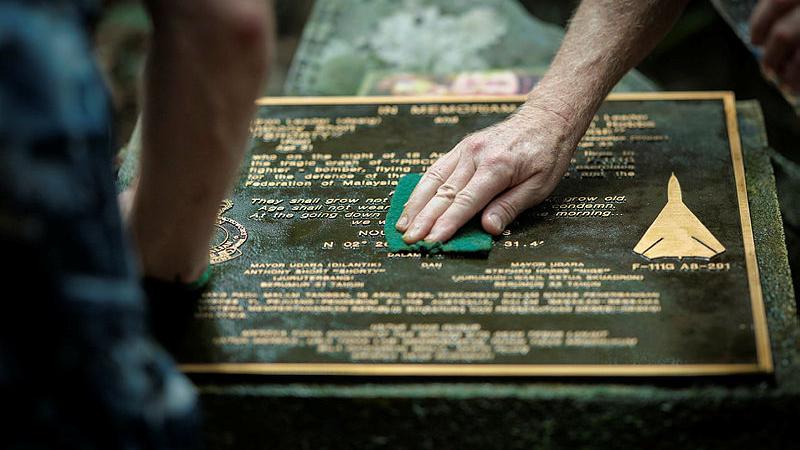Since 2015, the decline in infant and child mortality has been slowing, yet there is a lack of research into new life-saving tools targeted at children. This is partly due to the complexity of conducting studies including the youngest age groups.
Children cannot swallow tablets or capsules, often cannot bear the taste of liquid medicines and metabolize drugs differently as they develop and grow. Paediatric medicines need to be palatable, scored, crushable, dispersible (i.e. disintegrates quickly in water), chewable, sprinkled on food or mixed with breast milk. Appropriate medicines to save and improve the lives of infants and children often do not exist, are unavailable or are not quality assured, especially in low-resource settings.
Even with significant progress in child health, with 6 million fewer children under the age of 5 years dying in 2016 than in 1990, urgent action is needed to achieve the UN Sustainable Development Goals (SDG), particularly SDG 3, for good health and well-being, and the related target to achieve Universal Health Coverage (UHC) by 2030.
GAP-f network partners are working together to remove barriers to developing and delivering appropriate, quality, affordable and accessible medicines for children and contribute to UHC. GAP-f works by spurring collaboration across stakeholders to identify gaps, set priorities for needs and accelerate product investigation, development and delivery to improve and save the lives of children.
Below are key GAP-f events and documents being released to mark World Children’s Day:
Exploring innovative approaches for faster access to paediatric medicines for antimicrobial resistance
Our final webinar of 2023 in the GAP-f #BetterMeds4Kids webinar series focuses on exploring innovative approaches for faster access to paediatric medicines for antimicrobial resistance (AMR). The webinar will be hosted on 20 November 2023 at 1400 CET. Click here







